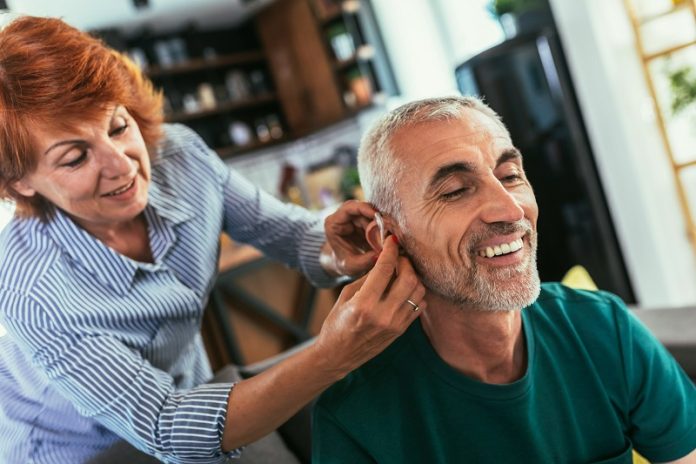
A new international study has revealed something surprising—women hear better than men, no matter where they live.
In fact, women were found to have hearing that is, on average, two decibels more sensitive than men’s.
This makes sex the biggest factor in explaining differences in hearing ability, even more important than age.
The study was led by Dr. Patricia Balaresque from the Center for Biodiversity and Environmental Research (CRBE) in France, and included Professor Turi King from the University of Bath in the UK.
The researchers tested hearing in 450 people from 13 different countries, including Ecuador, England, Gabon, South Africa, and Uzbekistan.
These groups were chosen to include people from different environments and cultures—especially rural and non-European communities often left out of such studies.
The researchers measured hearing sensitivity by testing how well the cochlea (a part of the inner ear) responded to sounds of different volumes and frequencies.
This was done using a method called Transient-Evoked Otoacoustic Emissions (TEOAE), which tracks how sound signals move from the ear to the brain.
We already know that hearing usually gets worse as we age, and that the right ear generally hears better than the left. But what surprised the researchers was how much sex and environment influenced hearing ability.
Across all countries, women consistently showed better hearing than men, even more so than younger people compared to older people.
The scientists believe this might be due to differences in hormones during early development or small structural differences between men’s and women’s ears.
Women are also known to do better in other types of hearing tests and speech recognition tasks, which may suggest their brains are better at processing sound.
Environment came in as the second most important factor. People living in forests had the best hearing, while those living at high altitudes had the worst.
The researchers think that people in forests may develop more sensitive hearing to detect natural sounds—important for survival in such settings. On the other hand, people at higher elevations may have reduced hearing sensitivity due to lower oxygen levels, air pressure, or other physical factors.
City living also played a role. People in urban areas showed a shift toward hearing higher frequencies, which might happen as the brain filters out low-frequency sounds like traffic noise.
Language and local culture were also found to influence hearing, though it’s unclear whether this is due to lifelong exposure to certain sound environments or physical changes passed down over generations.
Professor King explained, “We know that hearing loss can be caused by things like loud noises or smoke exposure, but this study shows that our biology and environment both play a big role in how we hear. And since women seem to have more sensitive hearing, this could even affect how they experience everyday noise, sleep, and stress.”
The researchers hope their findings will help improve our understanding of hearing differences and guide future studies on hearing loss, noise tolerance, and even human evolution.
If you care about hearing health, please read studies about antibiotic drug that can lead to hearing loss, and whether you should get an hearing aid or see a specialist.
For more health information, please read studies about how the Mediterranean diet could protect your brain health, and these antioxidants could help reduce dementia risk.



